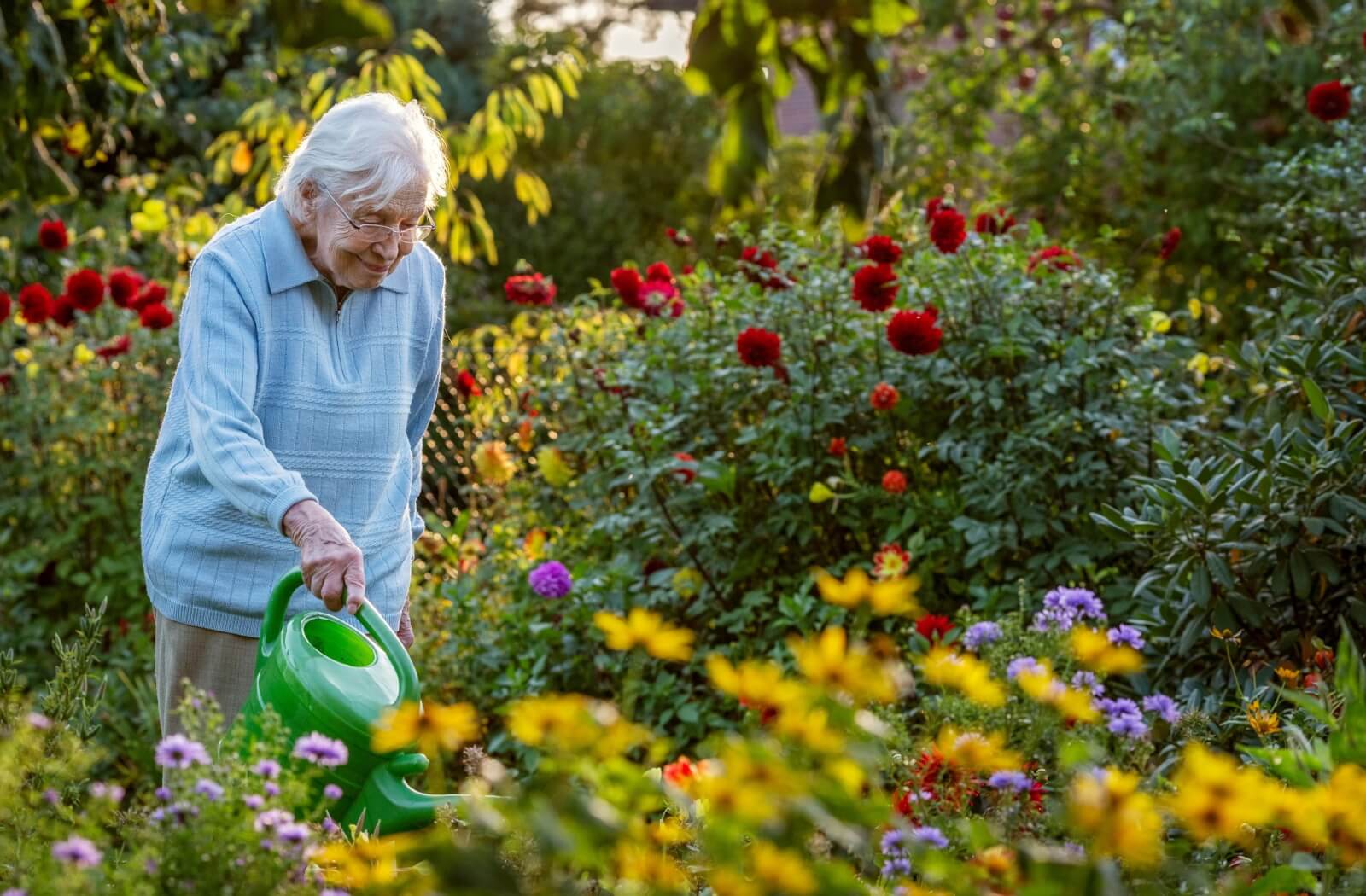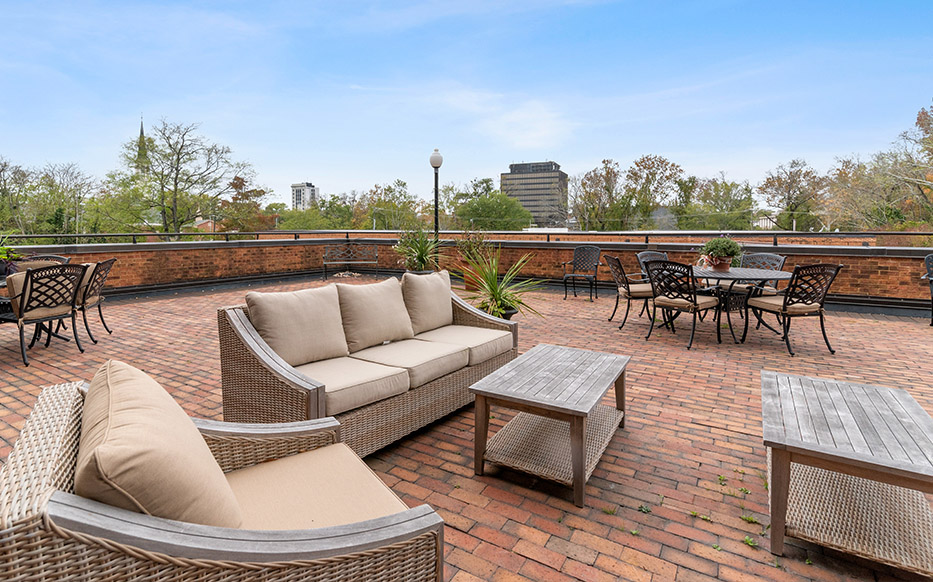The thought of continuing to live independently can be daunting for many seniors as health needs and daily tasks become more demanding. A couple of options for when seniors can no longer live alone include:
- Independent living
- Assisted living
- Memory care
Understanding and exploring these options can ease the transition and ensure that our loved ones receive the care and community they deserve. The best lifestyle choice isn’t a one-size-fits-all answer because it will vary with each senior’s needs and preferences.
Independent Living Communities
Independent living communities offer a vibrant solution for seniors who are still active and can manage their daily affairs but seek the benefits of a supportive community. These communities are designed to provide a secure environment without the burdensome tasks of home maintenance.
Residents typically enjoy privacy in their own apartments or cottages, often equipped with essential amenities to foster an independent lifestyle. Such communities often have safety measures in place, such as emergency response systems, adding peace of mind to residents and their families.
Benefits for Active Seniors
Independent living communities offer a perfect blend for seniors who relish their independence but cherish social interaction. These settings promote a sense of camaraderie among residents, reducing the isolation that can accompany living alone.
With scheduled activities, fitness classes, and social events, seniors find ample opportunities to connect with peers, stay active, and pursue their passions. Many communities also offer transportation services, allowing residents to explore nearby attractions, attend medical appointments, or simply enjoy a day out without the hassle of driving.
Types of Services & Amenities Offered
The charm of independent living communities often lies in their extensive range of services and amenities tailored to contribute to a senior’s independence. Standard offerings often include housekeeping, laundry services, and dining plans, which alleviate daily burdens and promote convenience.
Residents can also enjoy common areas such as libraries, swimming pools, and gardens, fostering both relaxation and recreation. Many communities are strategically located near shopping centers, healthcare communities, and cultural attractions, providing easy access to essential services and leisure activities.
Assisted Living Communities
Assisted living communities provide a bridge between independent living and more comprehensive medical care. They cater to seniors who require help with daily activities but do not need round-the-clock medical supervision. This option allows seniors to maintain their independence in a supportive environment where assistance is readily available. The goal is to create a home-like atmosphere where residents feel comfortable and respected.
Level of Care Provided
Assisted living communities typically offer personalized care plans designed to meet each resident’s unique needs. Staff members assist with daily tasks such as bathing, dressing, and grooming, ensuring that seniors retain their dignity while receiving the care they require.
Medication management is another critical component, with professional caregivers overseeing prescriptions to ensure the correct dosage and timing. Healthcare services are often available on-site, providing residents with access to medical professionals for regular check-ups and emergency care.
Living Spaces & Community Features
Residents in assisted living communities typically reside in private or semi-private apartments, which come furnished with necessary amenities and often allow for personal touches to make the space feel like home. Common areas like dining rooms, lounges, and activity rooms encourage social interaction and community engagement. Communities often organize events and outings tailored to residents’ interests, ensuring a fulfilling and active lifestyle.
Memory Care
Memory care communities are specialized communities designed to support seniors with Alzheimer’s disease or other forms of dementia. These environments offer a higher level of care tailored to the unique challenges faced by individuals with memory impairments. The focus is on providing a structured routine, ensuring safety, and promoting cognitive function through targeted activities.
Specialized Care & Environment
Trained staff employ techniques that enhance communication, reduce anxiety, and foster a sense of security among residents. The physical environment is carefully designed to minimize confusion and prevent wandering, with features such as color-coded hallways and secure outdoor spaces.
Safety Features & Activities
Safety is paramount in memory care communities, and robust measures are in place to protect residents. Communities are typically equipped with secure entry points, surveillance systems, and trained personnel to promptly monitor and respond to emergencies.
Activities play a crucial role in maintaining residents’ well-being. Programs are designed to engage the mind and body and promote social interaction. These activities can include memory games, gentle exercise, and group outings, all aimed at providing a fulfilling daily experience.
Find the Right Fit for Your Loved One
Choosing the right living arrangement for a senior loved one is a significant decision that requires careful consideration and planning. By understanding the options available—independent living, assisted living, and memory care—families can make informed decisions that prioritize the well-being, safety, and happiness of their loved ones.Contact us today at Heritage Place Senior Living to book a community tour. We’d love to show you how our compassionate team can support your loved one through various stages of life.









